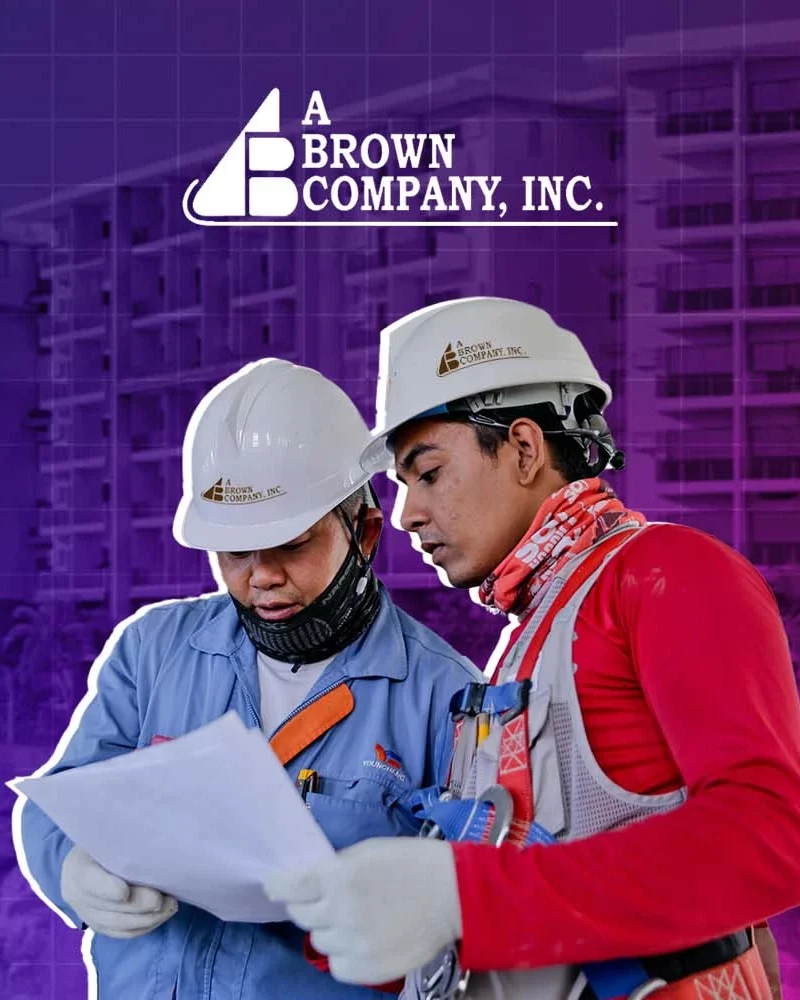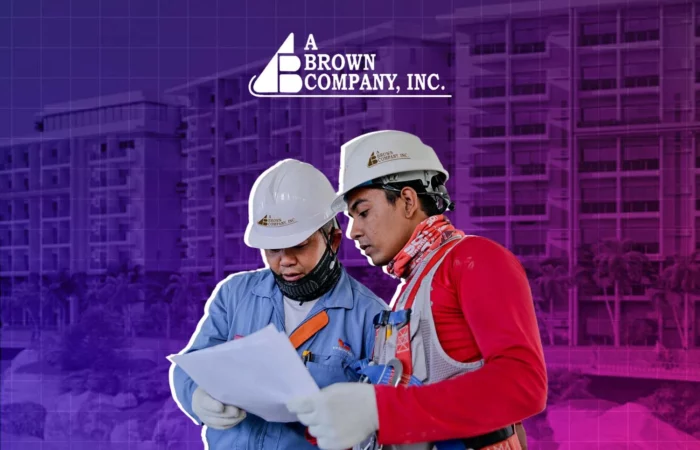
E-Taas’s Brand Development Strategy for Pinay MSMEs
Empowering MSMEs for the Nation’s Future
Challenge
Making Unsung Heroes Heard.
The Micro, Small & Medium Enterprises (MSMEs) are the backbone of the national economy, accounting for 99 percent of all companies in the Philippines, roughly 66 percent of employment, and a third of the gross value. As the digital economy becomes more important, these MSMEs face the problem of digital transformation.
Bain & Company (2018) reports that only 16% of MSMEs in ASEAN have fully embraced digitization, leaving the majority without the necessary resources to comprehend digital technologies.
This challenge, which has been emphasized by the COVID-19 pandemic, has caused Filipinos to shop online more than ever before, thereby pushing the importance of a digital business.
Despite the country’s high internet penetration rate and reputation as the “social media capital of the world,” many Filipino entrepreneurs, including those in rural and remote areas, have heavily relied on physical operations. Unfortunately, many of these entrepreneurs lack familiarity with digital marketing and e-commerce practices, making it even more difficult for them to adjust during the COVID-19 crisis. With 51.2 million Filipinos unbanked, the situation has become even more challenging.
How can Filipino MSMEs and women entrepreneurs (WEs) be competitive in a digital economy? How do we help the unsung heroes thrive in a more digital world?
The Department of Trade and Industry’s ‘digital first’ program, was designed to provide Filipino MSMEs with digital tools and knowledge to improve local economic growth. The main goal was to empower Filipino business owners, particularly women entrepreneurs (WEs), and get them to go digital. This would help them grow and become more sustainable and in turn, bolster the Philippine economy.
To push this initiative, the government agency reached out to M2.0, a communications agency offering social media marketing services.
The initiatives included complete brand development (an original logo and comprehensive brand book), social media page development, social media training, case study write-ups, and videos.
Approach
Uplifting the Importance of Filipino Entrepreneurs.
Before anything, the initiative needed a name. With a title that represented what it stood for, the team came up with a meaningful acronym to champion the cause: E-Taas.
Read as a word, similar to the Filipino term, “itaas,” or “to uplift.” The “E” symbolized its electronic aspect, while each letter represented the overall goals of the campaign design.
Ideally, M2.0 was to build a full digital ecosystem for the campaign to be effective. However, given the time frame and limitation in terms of resources, the agency needed to regroup and prioritize how to use each channel. This brought them to the question: What exact channels would be the most efficient to use in the campaign?
For this, the team knew that Facebook would be the main one to utilize for the campaign; A whopping 96.8 percent of Filipino internet users used the platform, according to We Are Social. The team created the E-Taas Facebook Page to serve as an information gazette for a cross-section of stakeholders—from MSMEs to policymakers and partners to consumers.
Results
The campaign now needed a face. The M2.0 design team wanted a logo that showed the diverse, local products that the MSMEs were selling. At the same time, it would represent the unusual merging of key themes: tradition and innovation. This campaign design aimed to challenge the convention by unifying the two.
The PR firm integrated weave design, a traditional Filipino technique, with a mouse cursor to symbolize the transition to a digital era. The visual served as an invitation to embrace change but remember to hold on to timeless, fundamental principles.
Finally, the PR firm used its networks and partnerships such as DTI, NATCCO, Lazada, and Shopee in order to get the campaign on its feet. They were able to provide logistical support to carry out the project, extend content reach, and spark collaborations with other existing MSME programs.
With the program up and running, Filipino MSMEs were taking the next steps toward becoming more sustainable businesses. As the heart of the Philippine economy, these enterprises continue to evolve in the new normal.





